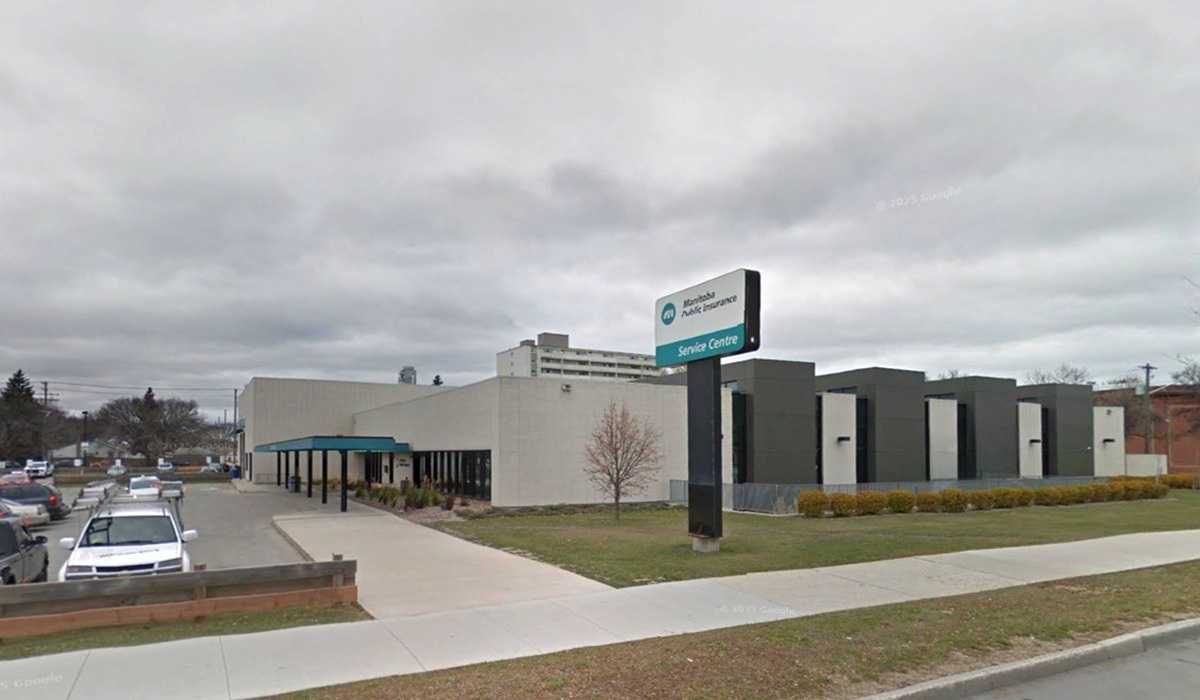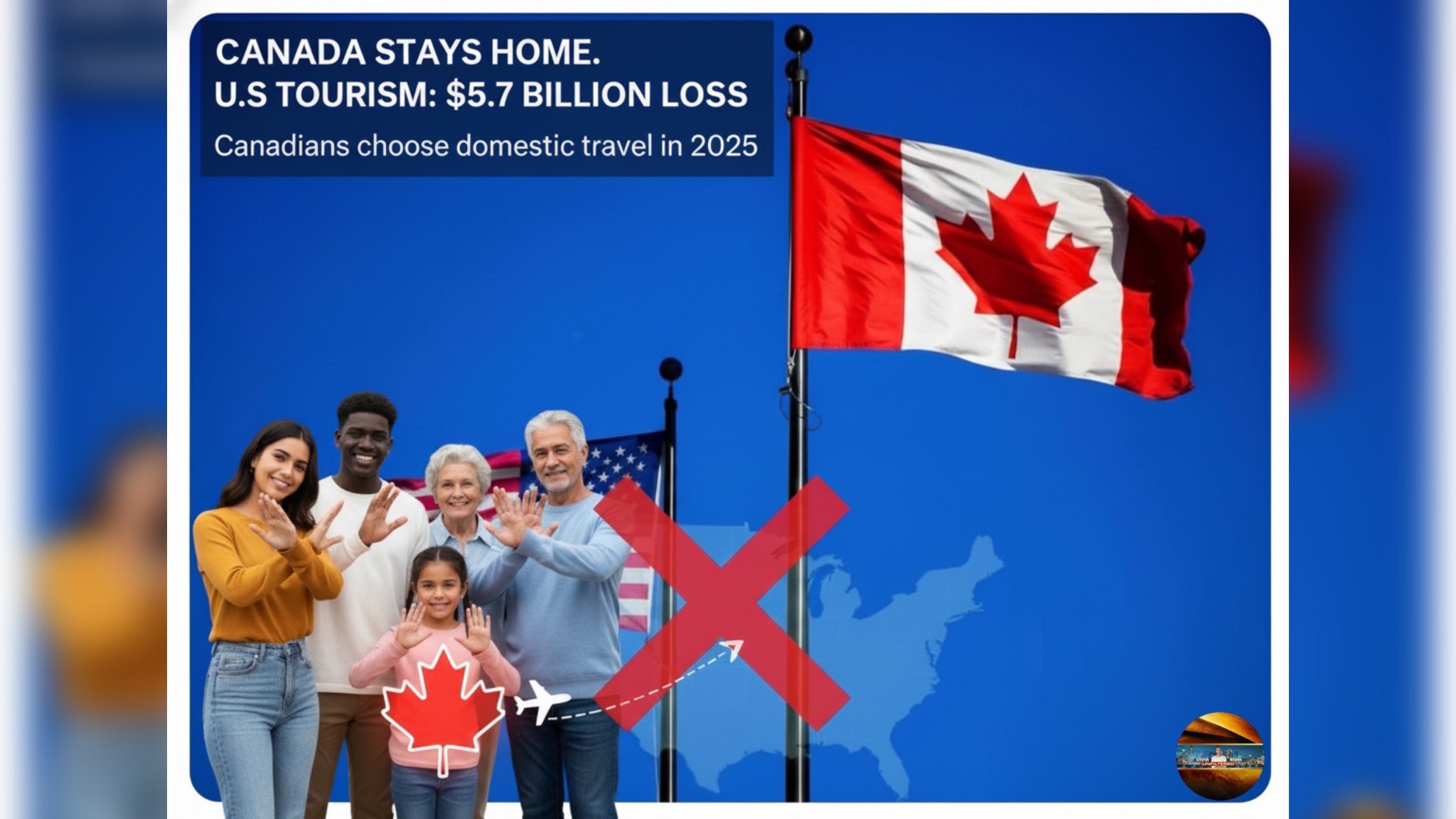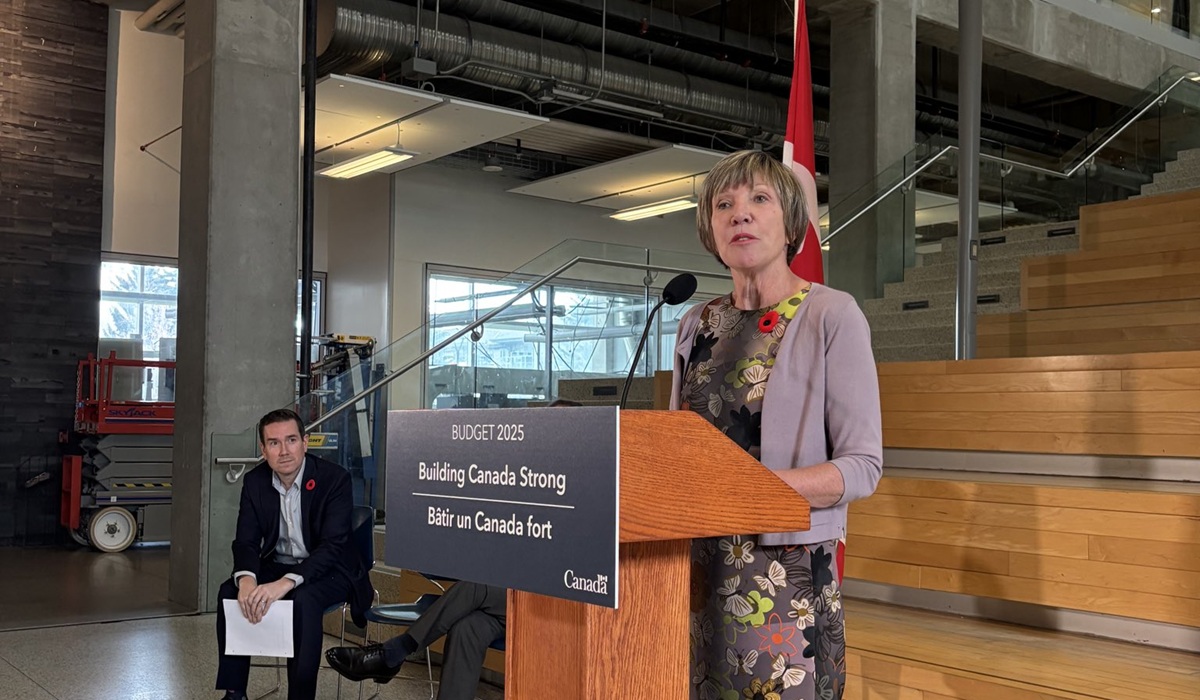MPI’s Road Test Policies Are Broken — Manitobans Deserve Fairness, Not Double Standards
- TDS News
- Canada
- September 26, 2025

By Donovan Martin Sr, Editor in Chief
Here is the plain truth that too often gets buried: under Manitoba Public Insurance’s current system, when a learner fails a road test after already paying for multiple professional lessons, they are required to pay again—both for additional instructor-certified hours and for another road test. At the very same time, MPI refuses to recognize any additional training hours supervised by parents or fully licensed Class 5 drivers—the very people MPI already trusts to supervise learners on public roads from day one. That is the lead, and it exposes the core problem: families are being forced to pay twice, while competent supervision that MPI itself endorsed is suddenly treated as if it doesn’t count.
If a parent or fully licensed Class 5 driver is considered competent enough to ride shotgun through months of early practice, to manage risk in real traffic, and to help a learner build the fundamentals, why is that same supervision deemed inadequate the moment a test is failed? MPI’s rule that only instructor-validated hours “count” after failure is not a safety principle—it’s an inconsistency that produces redundant cost. It tells families, in effect: “We trusted you yesterday, but not today.” That is arbitrary, and it is unfair.
This double standard hits where it hurts: the household budget. Lower and middle-income Manitobans who have already stretched to fund professional lessons now face a revolving door of new fees—more lessons, more certifications, more testing costs—while the real, sustained, week-to-week practice hours that parents and licensed Class 5 drivers provide are erased from the ledger. It’s a policy design that punishes diligence and rewards nothing but repeat payments.
Let’s be clear about what MPI already recognizes: learners are allowed on the roads with a fully licensed Class 5 driver precisely because MPI believes that ordinary Manitobans can supervise responsibly and safely. That’s not a small concession—it is the backbone of how most drivers learn. If that supervision is credible enough to get a learner to the test in the first place, it is credible enough to contribute to the remedial hours that follow. Recognizing parent- or Class 5-supervised hours after a failure is not lowering standards; it’s aligning policy with reality and fairness.
The second major flaw is structural: one-and-done, all-or-nothing road testing. Today, if a candidate fails a single component—say, parallel parking—they’re forced to re-sit the entire test, paying the full fee and proving again what they already proved last time. This is wasteful, demoralizing, and has no demonstrable benefit to road safety. A tiered, component-based retest is the modern fix: retain credit for passed sections; rebook only the failed component at a reduced cost; keep the learner’s permit in place until all components are passed; issue the full licence once competency is demonstrated across the board.
Anticipating the standard rebuttal—“This is how we keep roads safe”—let’s put that to rest. A component-based retest is more rigorous where it matters. It forces targeted mastery of the specific weakness instead of squandering time and money re-proving skills already demonstrated. A driver who repeatedly struggles with parallel parking will not become safer by endlessly re-performing flawless shoulder checks and lane changes under test conditions. They will become safer by practicing the weak skill, receiving focused feedback, and being tested again on that specific skill until they pass it. That is how competency is built.
Likewise, recognizing post-failure training hours supervised by parents or fully licensed Class 5 drivers does not dilute safety. It reflects how people actually learn: frequent, accessible practice in a variety of real-world conditions. If MPI wants assurance and accountability, it can require a standardized training log, signed attestations, and clear criteria for what constitutes valid remedial practice—just as it already sets clear requirements for supervised driving during the learner stage. The mechanism for quality control exists; the missing piece is policy will.
What we have now, instead, looks and feels like a financial treadmill. Families pay for multiple lessons. A learner fails. The clock resets. More paid instructor hours are mandated. The full test fee is charged again. Meanwhile, dozens of hours of legitimate, supervised practice with a qualified Class 5 driver—practice MPI itself endorsed before the failure—doesn’t “count.” That does not pass the common-sense test, and Manitobans know it.
This is where the broader public interest comes in. The government has pledged to be a government of change, a government that listens, a government of the people. Here is a direct, concrete chance to prove it. Fixing MPI’s post-failure training rules and modernizing its testing architecture would lighten the financial load on families, focus effort on actual weaknesses, and keep the safety bar right where it belongs—on proven competence. It would show Manitobans that policy is being designed for outcomes, not receipts.
Let’s also remember the signal this sends to young drivers. The path to a licence should be demanding and fair, not demoralizing and expensive for the sake of procedure. When the system rewards targeted improvement and recognizes real practice under qualified supervision, learners see a transparent route to success: work on what you failed, prove you’ve improved, move forward. That is how you build safer, more confident drivers.
The fix is straightforward and urgent:
- End the double standard: recognize additional training hours supervised by parents or fully licensed Class 5 drivers after a failed test, subject to standardized logs and clear criteria—just as MPI recognizes those same supervisors during the learner phase.
- Adopt a tiered, component-based retest: let candidates retain credit for sections they’ve passed, rebook only what they failed at a reduced fee, keep the learner’s permit active until all components are passed, and then issue the full licence.
These reforms are not a retreat from safety. They are a step toward a system that measures what matters, removes unnecessary costs, and treats Manitobans with respect. They close the loopholes that make families pay twice while ignoring genuine practice, and they replace blunt, outdated processes with precise, competency-driven assessment.
Manitoba deserves a licensing regime that works for people, not against them. The problem is clear. The solutions are practical. The need is immediate. If this government is serious about listening and about change, it will act—now.








